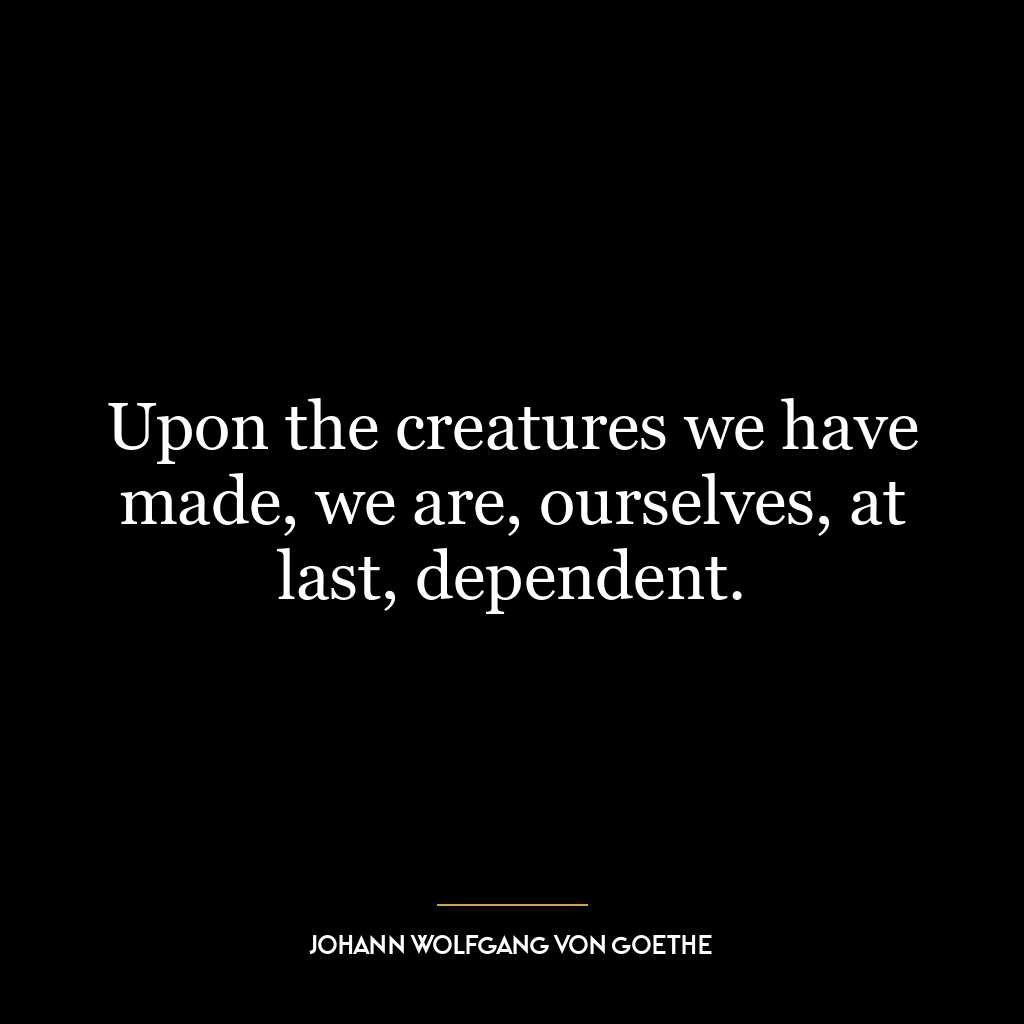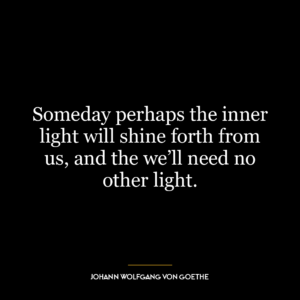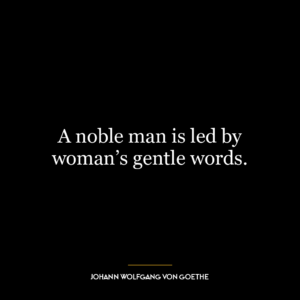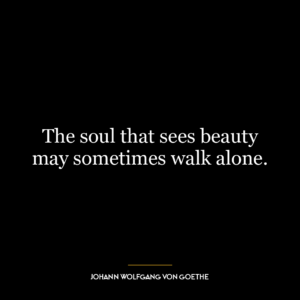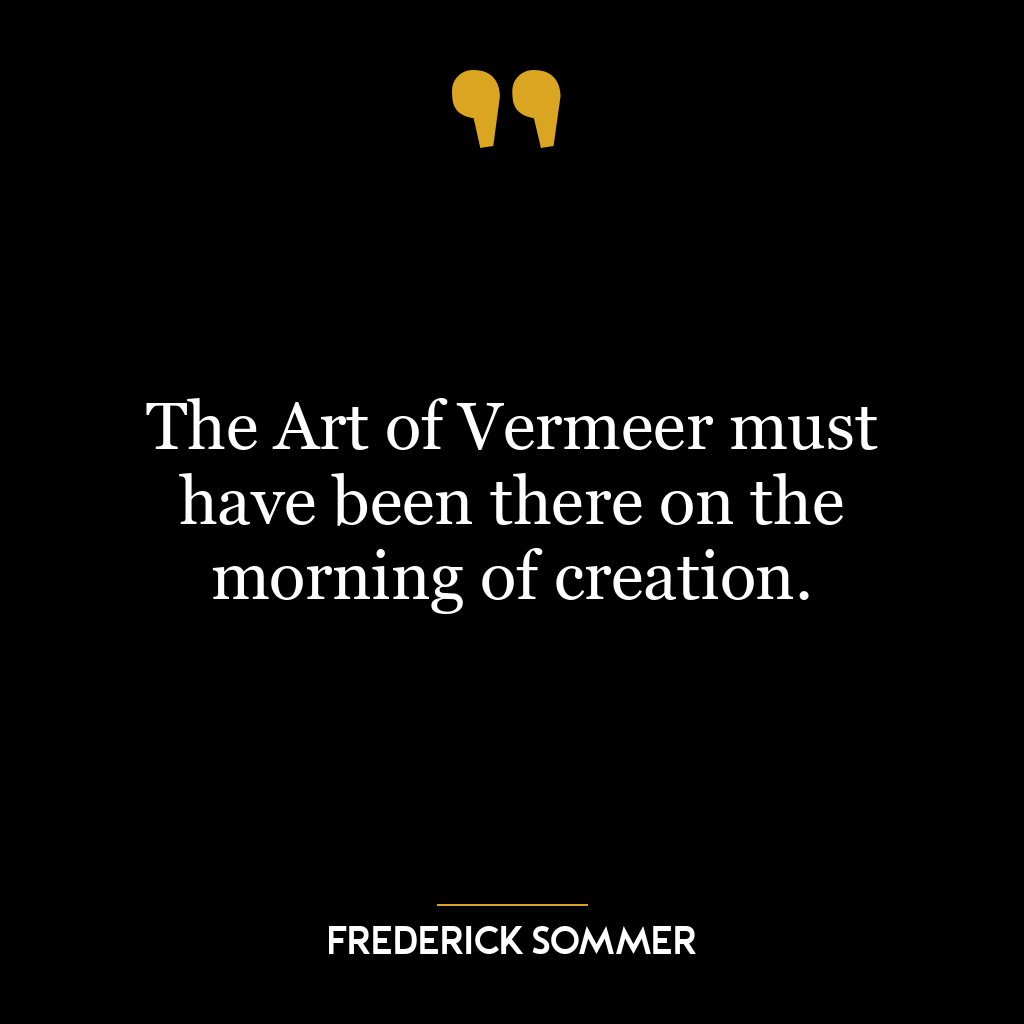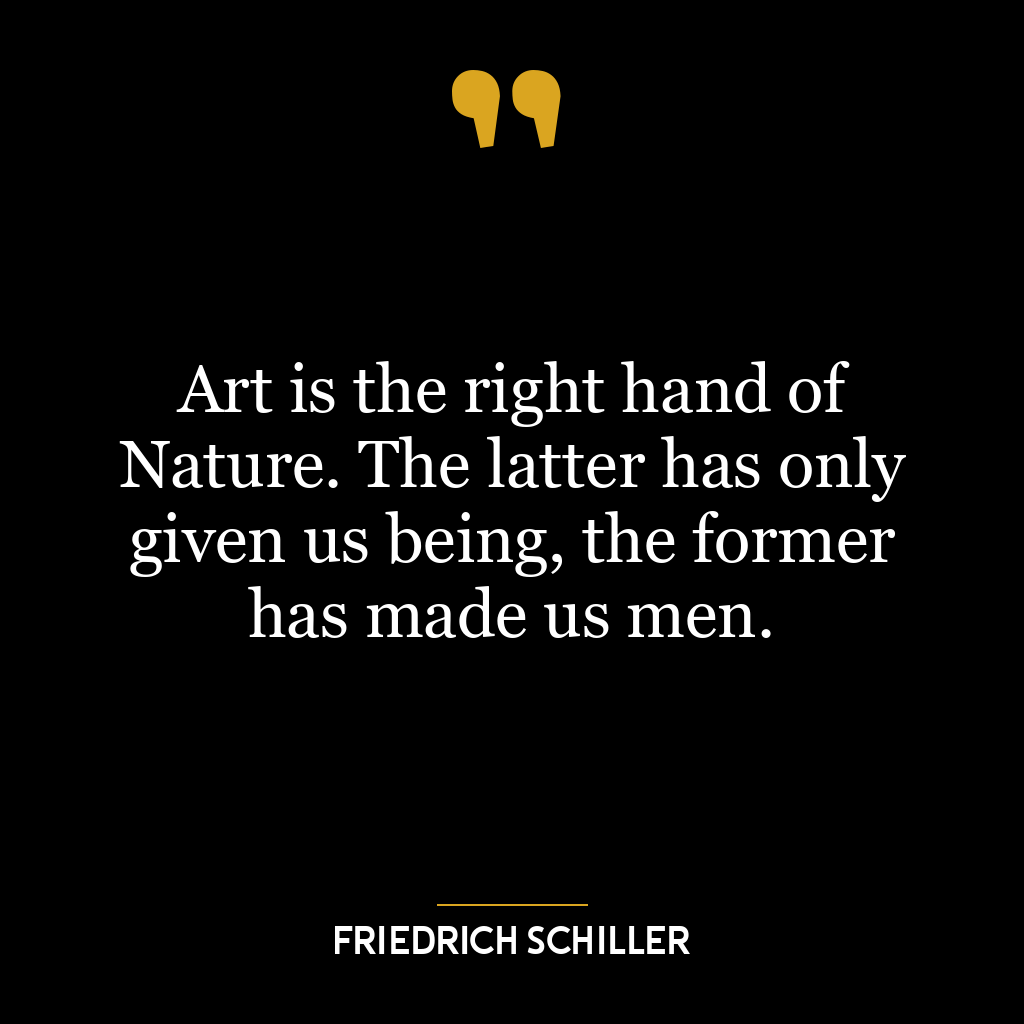This quote suggests that we are ultimately dependent on the things we create, whether they are physical products, systems, relationships, or even ideas. It underlines the idea that our creations, over time, shape us and our realities as much as we shape them.
In the context of physical products, consider how reliant we’ve become on technologies we’ve invented, like smartphones or the internet. These were created by us, yet we have become so dependent on them that they significantly influence our daily lives, behaviors, and even thinking.
In terms of systems, we create governmental, educational, and economic structures that, in turn, govern our lives. We abide by the laws we’ve established, we learn within the educational frameworks we’ve designed, and we operate within the economic systems we’ve set up.
When it comes to relationships, the dynamics we establish with others end up defining our interactions and emotional well-being. The same applies to ideas or beliefs we create and subscribe to; they shape our perceptions, decisions, and actions.
In today’s world, this quote could be applied to our increasing dependence on technology and artificial intelligence. We’ve created these tools to make our lives easier, yet we’ve become so reliant on them that they’ve transformed our societal structure, our jobs, and even our interpersonal relationships.
From a personal development perspective, the habits, skills, and mindsets we cultivate end up shaping our identity and life trajectory. For instance, if we cultivate a habit of reading, we become more knowledgeable and open-minded. If we develop a negative mindset, it can limit our potential. In essence, we become the product of our own self-created habits, behaviors, and attitudes.
Therefore, the quote underscores the importance of being mindful of what we create, as these creations – tangible or intangible – will eventually shape us and our world.

